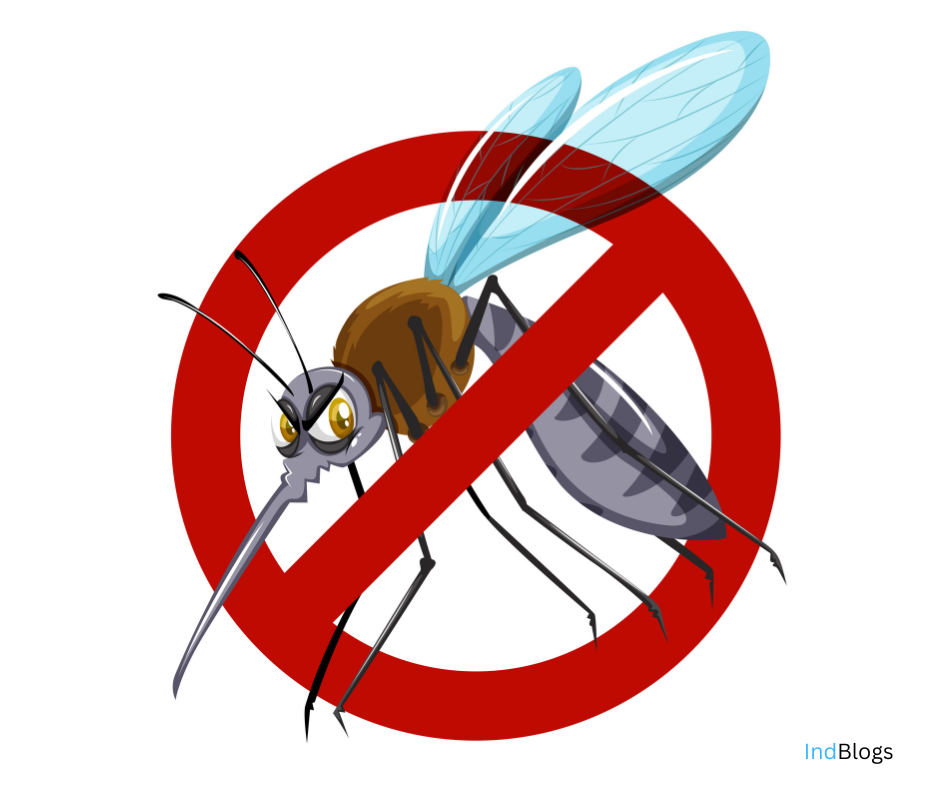Introduction:
Masturbation is a natural and common aspect of human sexuality that has been practiced throughout history. Despite its prevalence, there can still be stigma and misinformation surrounding this topic. This article aims to provide a balanced and informative perspective on masturbation, addressing common myths, presenting facts, and highlighting the potential benefits of this normal sexual behavior.
Breaking Myths:
- Myth: Masturbation is unhealthy.
- Fact: Masturbation is a normal and healthy part of human sexuality. It does not lead to physical or mental health problems. In fact, it can have several health benefits, such as stress relief, improved mood, and better sleep.
- Myth: Masturbation is only for singles.
- Fact: People in relationships also masturbate. It is a personal choice and does not necessarily reflect on the satisfaction within a relationship. Open communication about sexual desires and preferences is crucial for a healthy relationship.
- Myth: Masturbation causes sexual dysfunction.
- Fact: Masturbation is not a cause of sexual dysfunction. In most cases, it is a safe way to explore one’s own body and enhance sexual self-awareness.

Benefits of Masturbation:
- Stress Relief:
- Masturbation can trigger the release of endorphins and oxytocin, providing a natural and effective way to reduce stress and promote relaxation.
- Better Sleep:
- The release of endorphins during masturbation can also contribute to improved sleep quality. Many individuals find that self-pleasure before bedtime helps them relax and fall asleep more easily.
- Pain Relief:
- Masturbation may help alleviate menstrual cramps and certain types of pain due to the release of endorphins, which act as natural painkillers.
- Improved Sexual Function:
- Knowing one’s own body through masturbation can lead to increased sexual confidence and better communication with a partner, potentially enhancing overall sexual satisfaction.
Respecting Boundaries:
While masturbation is a normal and healthy behavior, it’s essential to recognize and respect personal boundaries. Some individuals may choose not to masturbate for personal or cultural reasons, and their choices should be honored without judgment.
Conclusion:
Masturbation is a natural and common part of the human experience, often contributing positively to physical and mental well-being. It is crucial to dispel myths surrounding this topic and promote a healthy understanding of sexual self-exploration. Open communication, self-awareness, and mutual respect within relationships are key factors in fostering a positive attitude towards masturbation and sexuality overall.




